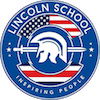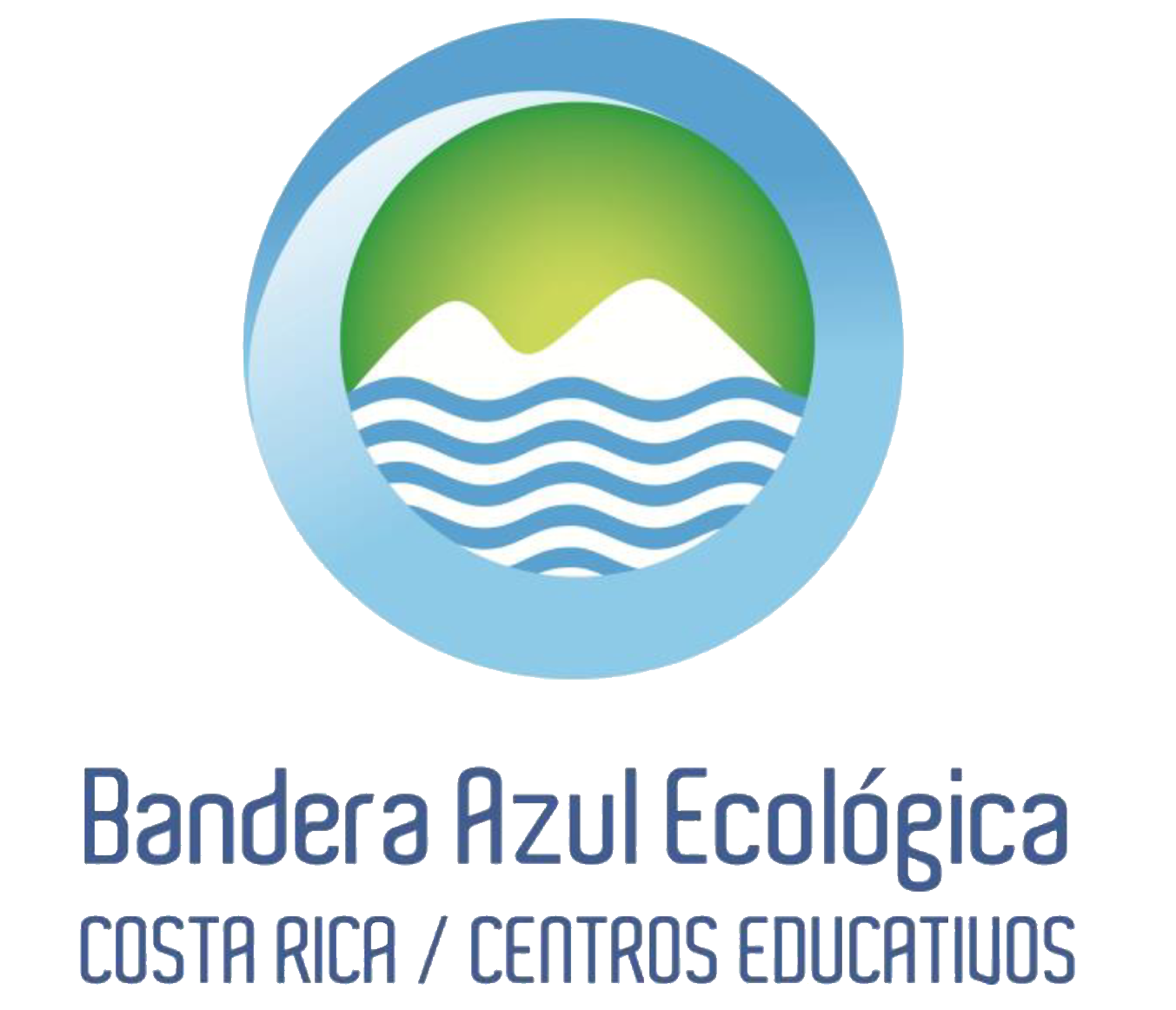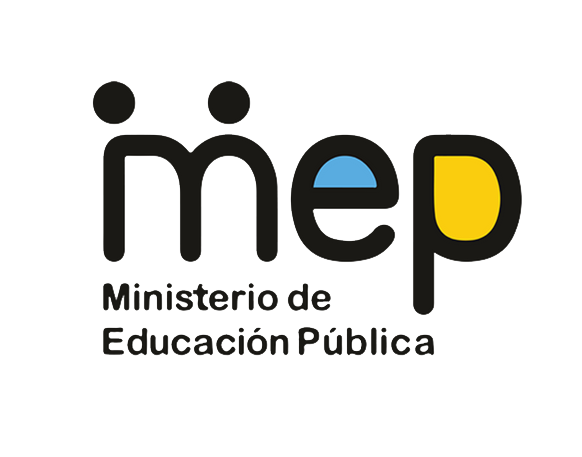
Preschool
Inspiring Through Playful Exploration
We develop an environment in which emerging entrepreneurs playfully engage in designing solutions, and educators facilitate learning opportunities for creation & exploration.

Elementary School
We work together to instill a lifelong love for learning in all our students
Lincoln Elementary School is focused on educating balanced students, providing them with a child centered innovative curriculum that meets different abilities, interests and needs. We foster the development of global citizens by providing them with a resourceful, caring, learning environment.

Middle School
The Lincoln Middle School Philosophy
Education should focus on the mastery of an authentic skill set grounded in the development of critical thinking, written language, and computational expertise. Students must learn how to evaluate and interpret text, data, and other media in order to formulate logical conclusions.

High School
An integrated curriculum
Lincoln School has a highly challenging program of studies in a variety of subject areas. An integrated curriculum prepares students to meet university standards throughout the world and to follow a variety of career paths.








